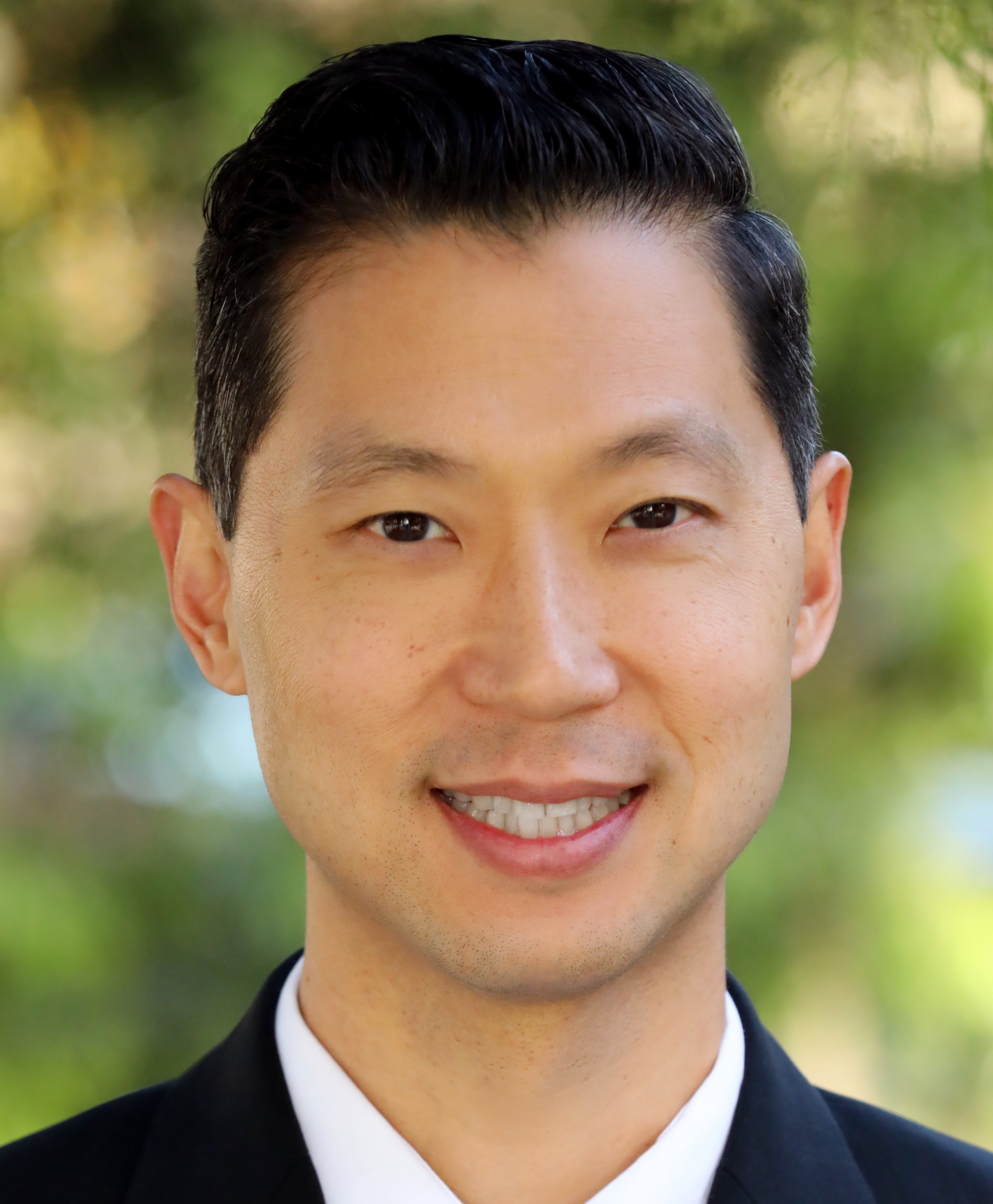
While solutions to the coronavirus pandemic are still up in the air, data and personal testimony abounds on just how hard hit the medical community — in particular nurses —have been by COVID-19.
As a team in great part focused on the mental health of skilled nursing facility residents, Executive Mental Health is witness to the many stressors facing healthcare workers during the COVID-19 crisis. Heavy workloads, fear of exposure to the virus for themselves and their family, continual changes in operating procedures and protocols, shortages of proper personal protective equipment, and the uncertainty and sadness dealing with very sick patients are all among the key reasons why the mental health of nurses is so heavily taxed at this time.
The courage of SNF nurses has been in full display over the past six months as, unfortunately, SNFs became ground zero for coronavirus outbreaks. I witnessed firsthand their fearlessness as they continued to show up to care for their patients despite massive outbreaks amongst both patients and staff at their workplaces. Their dedication to the well-being of the patients was evident as they offered to assist me when we had to pivot to deliver psychotherapeutic services via telehealth, helping to move an iPad and stand between patient’s rooms to ensure that there would be no disruption of services.
As facilities contained outbreaks and I was allowed to return to certain SNFs to provide services in person again, I was moved by their resilience and inner strength — I was greeted warmly by SNF nurses as if I had never left, and friendly smiles (at least, I think they were — it can be hard to tell under the face shields and masks that obscure all of our faces) from 6 feet away have replaced handshakes and fist-bumps.
Although nurses usually shun any attention, this pandemic has thrust them into the spotlight as the world recognizes their tireless work caring for our elders and they are deservedly classified as essential. It’s easy to forget that nurses are also human and are not immune to work-related stress and mental health issues. What can they do about it?
- Nurses can identify the stressors of their occupations before they get out of hand.
The nature of nurses’ work is inherently stressful given that they are literally working in life and death situations. This need takes on greater urgency as they often risk their own health and lives caring for individuals suffering from COVI-19. The adverse effects of stress on a person’s physical and emotional health are well-documented (e.g. hypertension, heart disease, obesity, diabetes, depression, anxiety and anger issues, to name a few).
Another critical risk of unaddressed stress is burnout — a syndrome of symptoms that include exhaustion and reduced professional productivity. In other words, by not addressing stress, nurses risk being unable to adequately care for their patients while at work, or be open and available while at home, as the insidious effects of burnout can infect a nurse’s professional and personal lives if left unchecked.
- Nurses can explore options to cope with stress, using nonjudgmental acceptance.
The best way nurses can deal with the stress of their roles is to have a stance of nonjudgmental acceptance. Unfortunately, job-related stress is a normal part of many professions, including nursing, but the problems begin when stress is accompanied by shame, seen as a sign of weakness, and ignored. This only exacerbates the issue and guarantees that it will worsen. Instead, viewing stress through the lens of nonjudgmental acceptance and remembering that asking for help is actually a powerful coping skill is a good place to start.
It is also crucial to be mindful that some coping skills are can lead to more difficulties in the long run (e.g. substance abuse) whereas others have been shown to provide myriad salutary benefits that are easy to learn and to practice. The key is having an open approach, trying various coping mechanisms to see which ones resonate. Mindfulness exercises are readily available via free apps and can provide instant relief.
- Instead of battling the uncertainties of the future, nurses can focus and work on the present.
When there is a negative and constant stressor without a fixed endpoint in sight, the uncertainty can lead to fear, anxiety, and even a sense of hopelessness which could be connected to an underlying sentiment of a lack of control. As human beings, we like to be in a place of control as much as possible as this gives us (often a false) sense of security and decreases anxiety.
This pandemic is teaching us that despite all of our attempts to predict the future and forecast when this will all end, ultimately that does not matter. What’s more important is living fully in the present moment and taking things literally one day at a time, and if we have to, one hour at a time or even one moment at a time. As long as we continue to do this (and it should be pointed out that we have been doing this until now!), we can still try to make the most of each day that we have and focus on what is under our control.
- Nurses can reach out to and keep connected with their communities for support.
Given the need for social distancing, nurses may find themselves more disconnected from their friends, families and other circles of support, all at a time when they most need them. Being intentional about maintaining positive contact with one’s support system is vital, and this could mean pivoting to video conferencing instead of just phone check in’s, or intentionally scheduling specific times to touch base throughout the day or to debrief at night.
Additionally, it’s important that nurses be kind to themselves. Instead of scrolling a newsfeed regarding coronavirus updates, nurses can read or to learn something new. Exercising safely can also raise natural endorphins in the brain and provide solace. Finally, nurses should remember to give themselves the gift of sleep — make the conscious choice to turn off all screens 30-60 minutes before bedtime and allot eight to nine hours of sleep per night. A full night of sleep (if attainable) is one of the greatest gifts that you can give yourself!
John Y. Lee, Ph.D., a clinical psychologist, has been licensed to practice in the state of California since 2012 and is the director of clinical psychology at Executive Mental Health, a provider of clinical psychology and neuropsychology services. In addition to providing direct care for patients and supervising colleagues at EMH, Lee trains nursing home staff regarding a variety of topics, including management of difficult behaviors, psychoeducation related to dementia and other neurocognitive conditions, and trauma-informed care.




